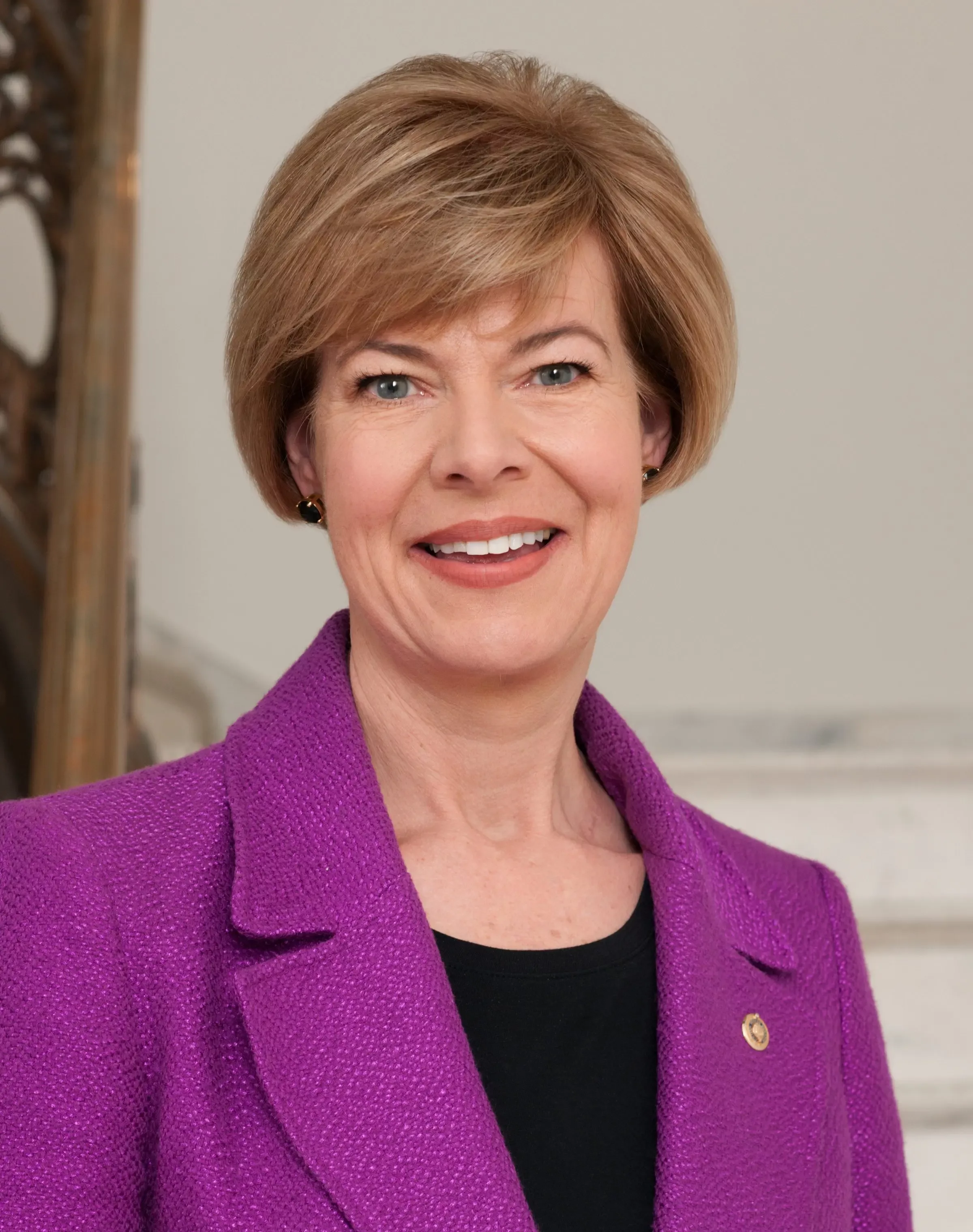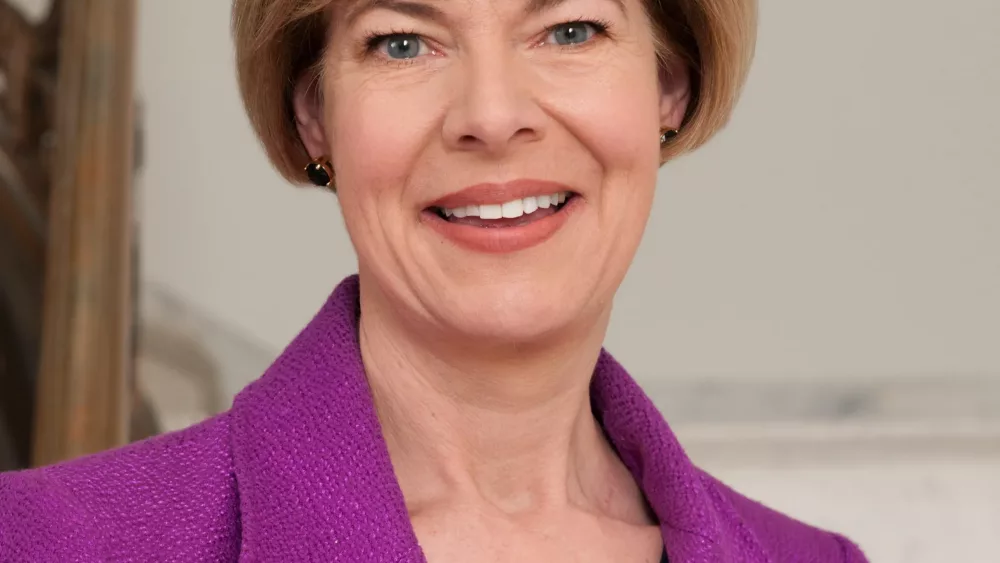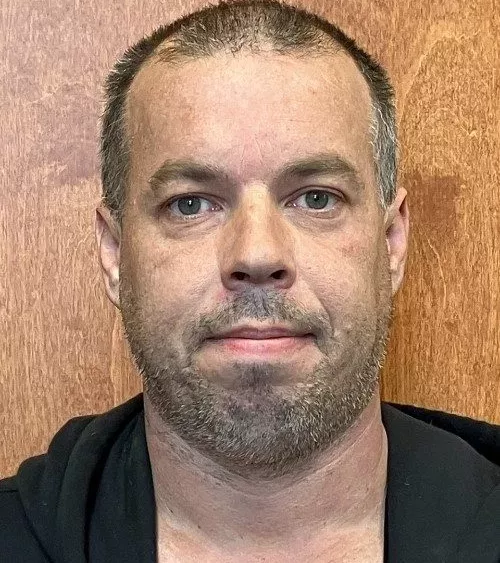
Local healthcare executives sound off on federal cuts they say threaten small clinics serving people on Medicaid and government-subsidized healthcare.
During a healthcare roundtable in Beloit on Friday, Democratic U.S. Senator Tammy Baldwin said Congressional reports show President Trump’s budget could leave 16 million Americans without affordable health care.
HealthNet of Rock County Director Kerry Swanson says HealthNet’s preventative care saves the local healthcare system $2.4 million a year in “unrealized” emergency room visits.
She and Community Health Systems of Beloit CEO Stephen Smith say federal healthcare cuts would translate to patients deferring important physical or mental health care until their illnesses become critical. They say that would lead to increased emergency room visits, and ultimately, higher costs for medical care and insurance.
Part of the reason, they say, is because many of the most vulnerable people, including the elderly, the disabled, and the working poor, are able under current federal funding models to use small health clinics like HealthNet as a place where they can consolidate their care at one time and in one place.
That makes it easier for people who lack transportation or mobility to deal with multiple, ongoing health problems.
If Trump’s cuts throttle back access to Affordable Care Act insurance coverage, state Medicaid programs and other federally subsidized health care programs, it could mean many of the most vulnerable would face long waits to see a doctor**,** and have no guarantee they’d retain the same coverage to offset the high cost of care and prescription medication.
Among others at Baldwin’s roundtable: a Beloit man who said that if the federal health care cuts go through, it would likely leave him unable to afford an anti-psychotic medicine he needs to treat mental illness.
Without Medicaid or insurance access to a free, local clinic he goes to, the man says the medication he needs to help stay mentally healthy would cost him $2,600 for a single, bimonthly shot.
Baldwin says the more is learned about Trump’s proposed health care cuts, the more unpopular the bill is becoming among both Democratic and Republican lawmakers.
In the days since President Trump’s proposed budget and tax cut bill was released, lawmakers have learned it would add $3.8 trillion to the U.S. debt. Baldwin shared that information with her Republican colleagues. She says many have expressed major concerns over what would be a huge jump in the national debt.
Baldwin says she’s told Republican Senator Ron Johnson — one Republican an opponent of Trump’s budget — that she is glad they agree on something, even if their agreement is not on the same philosophical ground. Some Republicans say they want to write their own bill amid shared discontent over the bill from both parties.
But Baldwin says Republicans probably won’t make many big changes to Trump’s overall bill — including the provisions that would cut health care programs and funding. That means a final decision would be down to a see-saw battle over a budget as a typical partisan divide in Congress seems to narrow.
Meanwhile, Baldwin says lawmakers face a growing deluge of calls and emails from their own constituents — whether from health care executives and lobbyists or citizens whose health is caught in the crossfire over the President’s proposed health care funding package.
Baldwin says it has not been uncommon over the last few months for her office to get 1,000 phone calls in just a few days from her constituents as Trump rolls out his White House agenda in a series of rapid-fire executive orders, proclamations, and social media posts.
Baldwin says that in the last few weeks, as the public learns more about the White House’s bid to cut health care, the vast majority of phone calls she gets now are from people she says are anxious or even scared over future prospects for the availability and affordability of healthcare.
Baldwin urges health clinics, doctors, health insurers, hospital groups, leaders of long-term care facilities, and health care patients alike, to continue giving Congressional lawmakers an earful on how the proposed health care cuts could affect them.
Big Radio reporter-anchors Tarryn Mallon and Neil Johnson contributed to this report.













